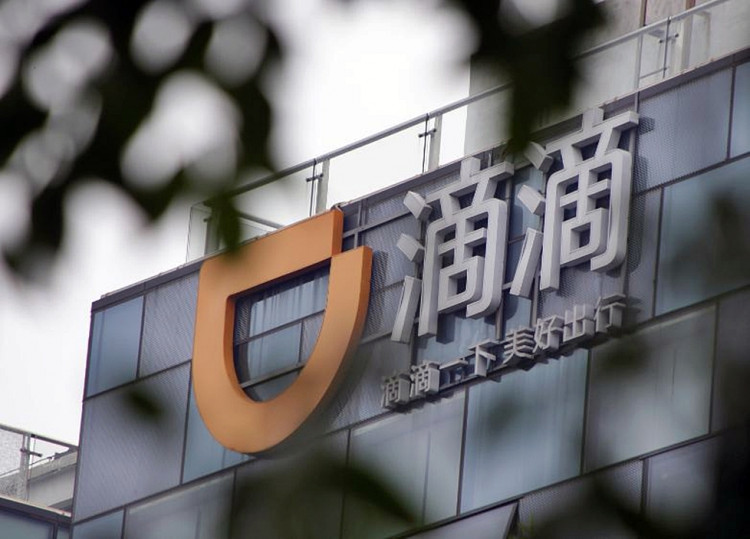Starting from the middle of this month, China ride-hailing leader Didi Chuxing will kick off operation of the D1, the world's first dedicated ride-sharing electric vehicle, in Changsha of Hunan province.
As the company celebrates this three-year EV development finally coming to fruition, a major business division within Didi is facing a difficult internal restructuring.
An Upheaval
Last Friday, employees in the strategy operation department in Didi's overarching online car-hailing platform company were told that the team had to be dismissed, owing to the company's "organizational restructuring."
SOD was established only two years ago when Didi's business was severely hit by a shocking incident in which a Didi driver raped and murdered a young passenger in Wenzhou, Zhejiang province.
Didi followed by merging departments of express ride, VIP ride and luxury ride into the online car-hailing platform and deploying SOD to take care of ride-hailing operations in local regions and cities.
SOD acted as a "city brain," making differential control and refining operations, based on the different features of each city, a Didi employee told local media 36kr.
On social media platform Maimai, SOD employees expressed "shock" that the company doesn't want to pay compensation and criticized that "(Didi) kills the donkey the moment it leaves the millstone."
Local media reported that Didi has told SOD employees to either resign from SOD or join a Beijing-located department - Chenxin Youxuan, an e-commerce business Didi started this June to compete against Meituan, Pinduoduo and Alibaba in the popular but fiercely competitive field of group buying and grocery delivery.
All About Reducing Operation Costs
Sun Shu was appointed to be the new executive president of the online car-hailing platform late October. Amid the recent reconstructing meeting, Sun said that he hopes "every former SOD employee can consider staying and becoming core members in other Didi departments."
Under Sun's leadership, the former SOD will be reconstructed into a trading and market strategy department, which will decide subsidy plans for each region and city based on intelligent systems.
Industry analysts said the change meant the company is taking operational power back to the group, while regions and cities will focus more heavily upon execution.
Sun is also the general manager of Didi's new Huaxiaozhu e-taxi service, which relies heavily upon subsidy strategies to win market share in small-towns and rural areas. Rather than setting specific operation teams in each region or city, Huaxiaozhu simply follows the headquarters' management to adjust subsidies.
When Huaxiaozhu first launched in August, users only had to pay 2 yuan for a three-kilometer ride, which would cost 20 yuan on Didi express.
"Huaxiaozhu helped Didi increase market share by 10 to 15% in the cities of Zunyi and Linyi, " Sun told local media.
Capitalizing On Ride-sharing
A custom electric sedan built especially for ride-sharing, the D1 that was built in partnership with electric vehicle maker BYD Co. has been conducting test rides since Friday in Changsha within the China Intelligent Connected Vehicles Test Zone.
The D1 features include sliding doors, smart steering wheel, driver-assistance and passenger-support systems embedded with artificial intelligence.
Drivers and passengers of D1 will no longer need to verbally confirm the ride information. Instead, a face-recognition device installed inside the vehicle will automatically verify passengers' identity before setting out for a ride. The model takes 30 to 40 minutes to recharge and has an endurance of 418 kilometers.
Didi said that the D1s will be rolled out to drivers via its leasing partners across several Chinese cities over the next several months. Didi reportedly has more than 550 million registered users and 31 million drivers, while about 1 million EVs run on its platform.
The Didi network aspires to boost ride-sharing in China from its current 3% of the total mobility services to reach 30% by 2030. Toward that goal, the ride-hailing giant claims it will deploy more than 1 million self-driving taxis on its platform by 2030, according to the company's June statement.





